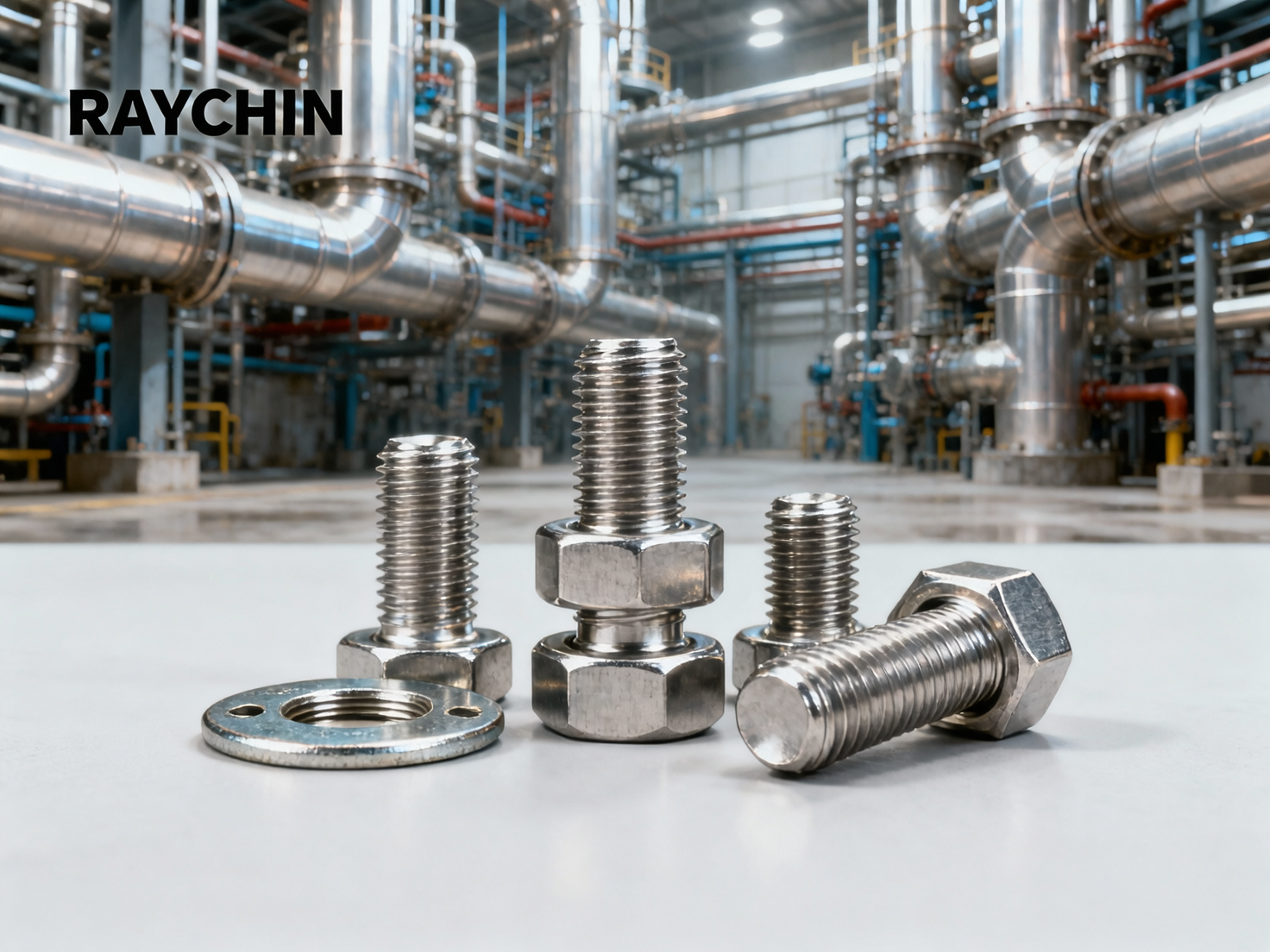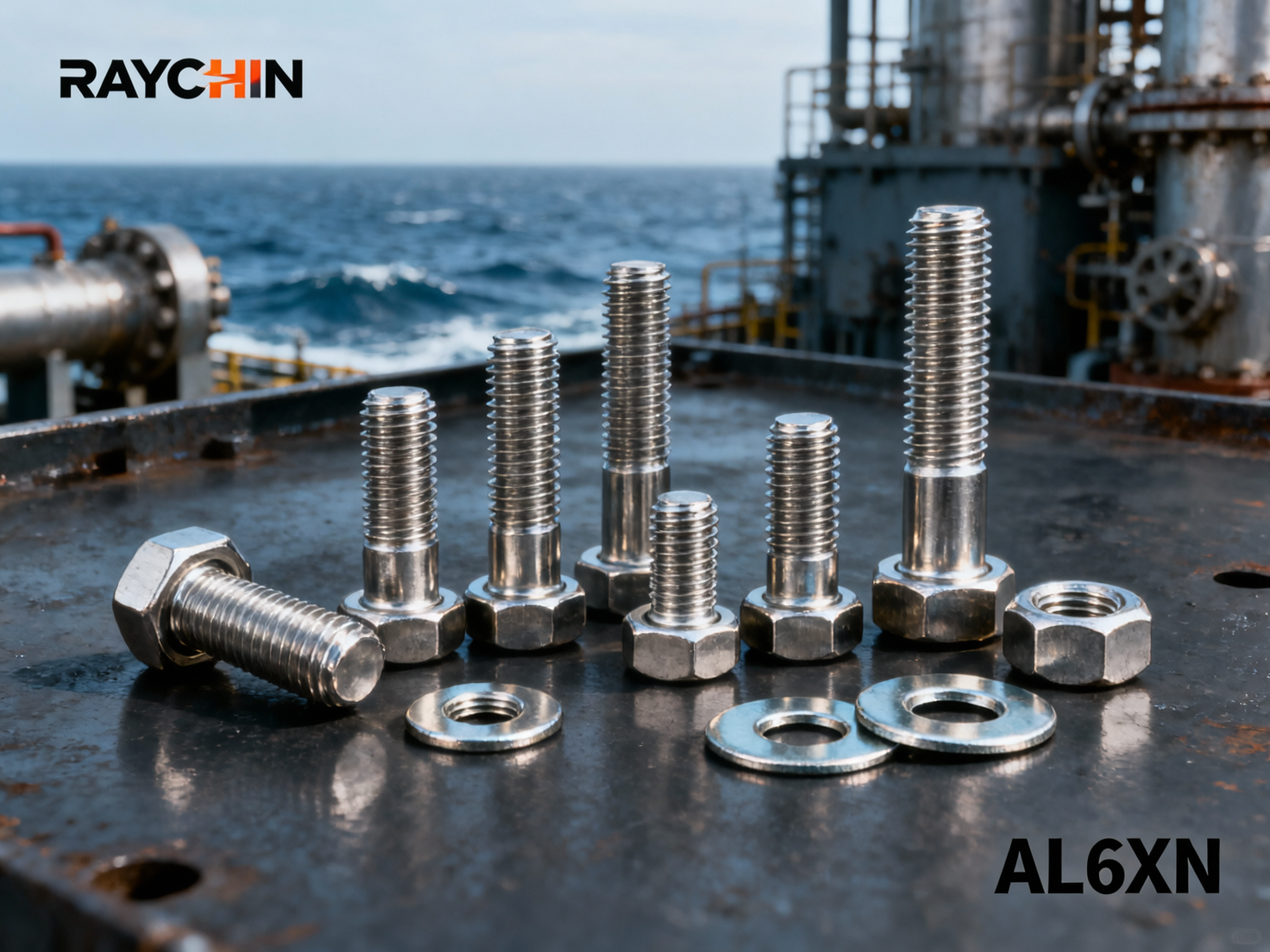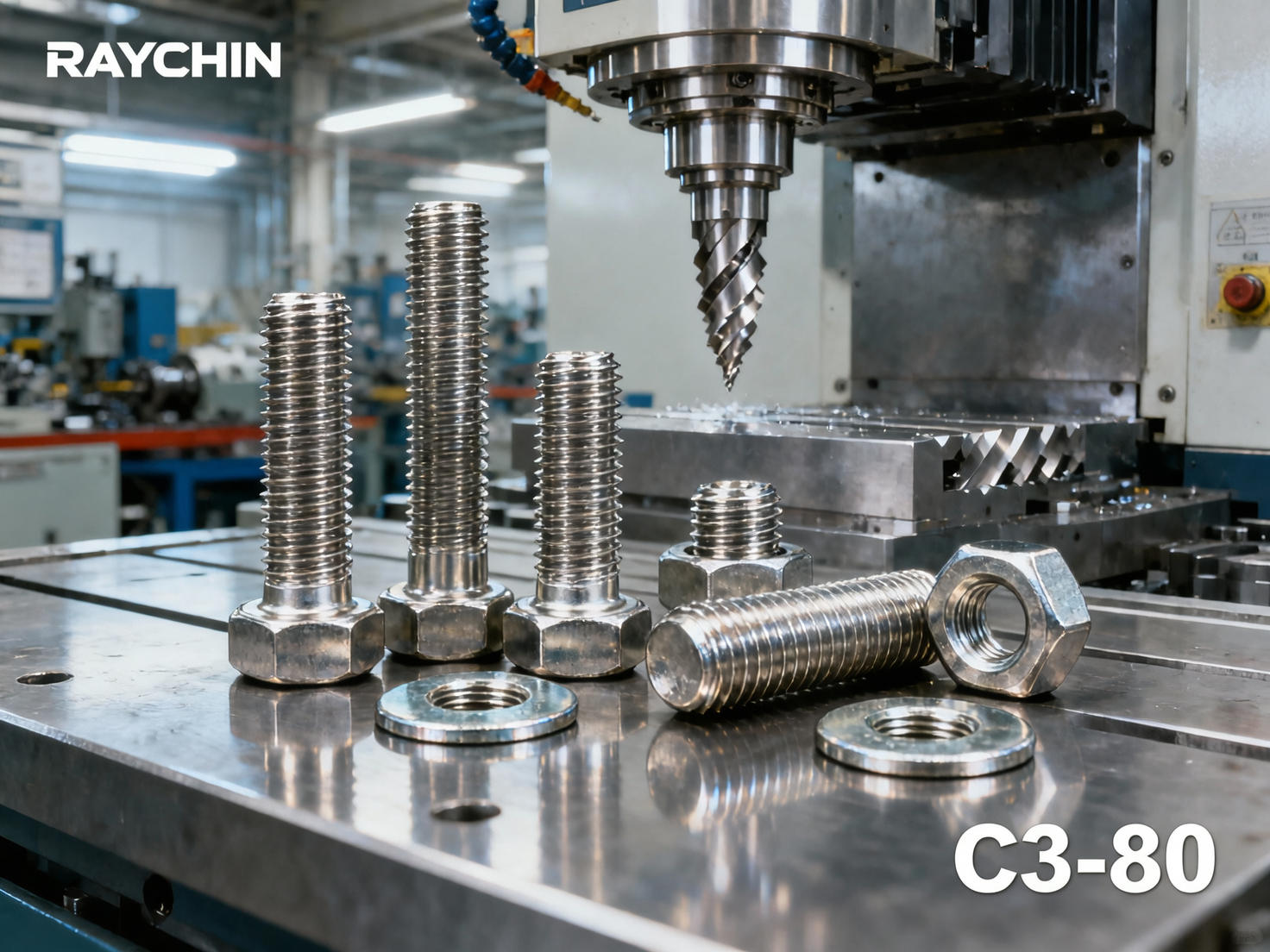Categories List
Recent Posts
![Duplex Stainless Steel Fasteners: The Guide to High-Strength Corrosion-Resistant Fastening Solutions Duplex Stainless Steel Fasteners: The Guide to High-Strength Corrosion-Resistant Fastening Solutions]() Duplex Stainless Steel Fasteners: The Guide to High-Strength Corrosion-Resistant Fastening Solutions
Duplex Stainless Steel Fasteners: The Guide to High-Strength Corrosion-Resistant Fastening Solutions![AL6XN Fasteners: The Guide to Super-Austenitic Stainless Steel Solutions for Severe Chloride Environments AL6XN Fasteners: The Guide to Super-Austenitic Stainless Steel Solutions for Severe Chloride Environments]() AL6XN Fasteners: The Guide to Super-Austenitic Stainless Steel Solutions for Severe Chloride Environments
AL6XN Fasteners: The Guide to Super-Austenitic Stainless Steel Solutions for Severe Chloride Environments![C3-80 Fasteners: The Complete Guide to Martensitic Stainless Steel Solutions for General Corrosion Resistance C3-80 Fasteners: The Complete Guide to Martensitic Stainless Steel Solutions for General Corrosion Resistance]() C3-80 Fasteners: The Complete Guide to Martensitic Stainless Steel Solutions for General Corrosion Resistance
C3-80 Fasteners: The Complete Guide to Martensitic Stainless Steel Solutions for General Corrosion Resistance
How to Choose the Right Inconel Nut for Your Project?
Inconel fasteners, including Inconel nuts, bolts, washers, and stud bolts, are renowned for their exceptional resistance to extreme temperatures, corrosion, and pressure. These properties make them indispensable in industries like aerospace, chemical processing, and oil & gas. However, selecting the right Inconel nut requires careful consideration of several technical factors to ensure optimal performance and safety.
1. Understanding Inconel Grades and Their Properties
Not all Inconel nuts are created equal. The alloy grade significantly impacts performance:
Inconel 600 vs. 625 vs. 718: Key Differences
• Inconel 600: Excellent resistance to chloride-ion stress-corrosion cracking, ideal for chemical processing equipment
• Inconel 625: Superior strength and oxidation resistance up to 1800°F, perfect for marine applications
• Inconel 718: High tensile and creep-rupture strength at temperatures up to 1300°F, commonly used in jet engines
2. Assessing Environmental Factors
The operating environment dictates your Inconel nut selection:
Temperature Extremes
Inconel fasteners maintain strength at both cryogenic temperatures and extreme heat. For applications above 1000°F, consider oxidation-resistant grades like Inconel 601 or 617.
Corrosive Environments
Evaluate exposure to:
• Acids (sulfuric, hydrochloric)
• Saltwater or marine atmospheres
• Caustic solutions
Inconel 625 offers particularly strong resistance to pitting and crevice corrosion.
3. Mechanical Requirements
Match the nut's specifications to your project's demands:
Load Capacity
Calculate both static and dynamic loads. Inconel 718 nuts can withstand tensile strengths up to 180 ksi, making them suitable for high-stress applications.
Thread Compatibility
Ensure thread pitch matches your Inconel bolt or stud bolt. Common standards include:
• UNC (coarse thread)
• UNF (fine thread)
• Metric threads
4. Surface Finishes and Coatings
Special finishes enhance performance:
Common Options
• Passivation: Improves corrosion resistance
• Electropolishing: Reduces surface friction
• Xylan coatings: For additional chemical resistance
5. Industry-Specific Considerations
Aerospace Applications
NASM and MS standards often apply. Inconel 718 is AMS 5662/5663 certified for critical aircraft components.
Oil & Gas Requirements
NACE MR0175 compliance is essential for sour service environments. Inconel 625 nuts frequently meet this standard.
6. Sourcing Quality Inconel Fasteners
Always verify:
• Material certifications (mill test reports)
• Traceability documentation
• Compliance with relevant ASTM/ASME standards (B564 for nuts)
• Reputable manufacturers with aerospace/nuclear experience
By carefully evaluating these factors against your project requirements, you can select Inconel nuts that deliver optimal performance, safety, and longevity. For complex applications, consult with materials engineers or trusted Inconel fastener suppliers to ensure proper specification.
Request A Quote! We'll respond as soon as possible(within 12 hours)
Get a Quote



